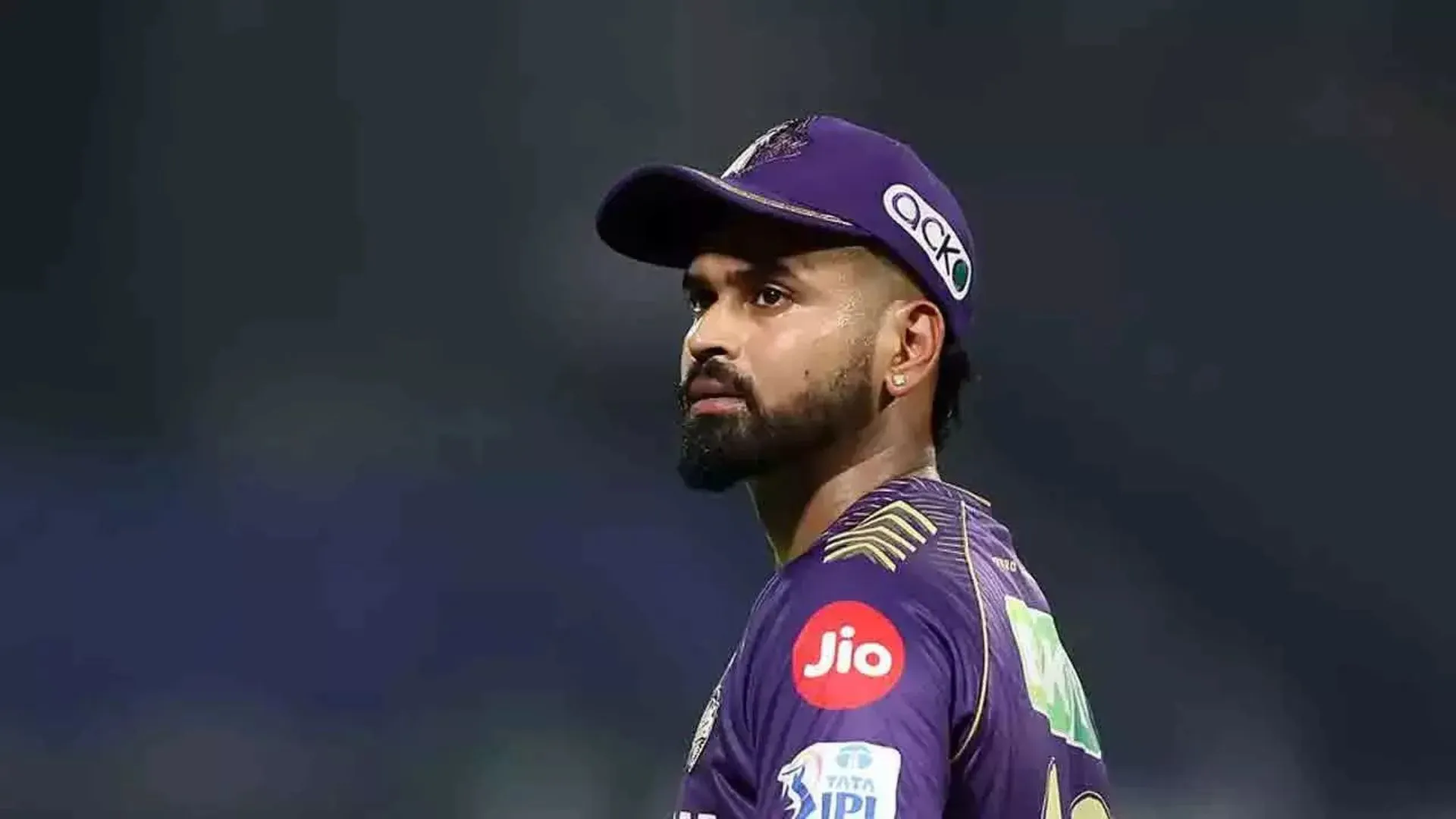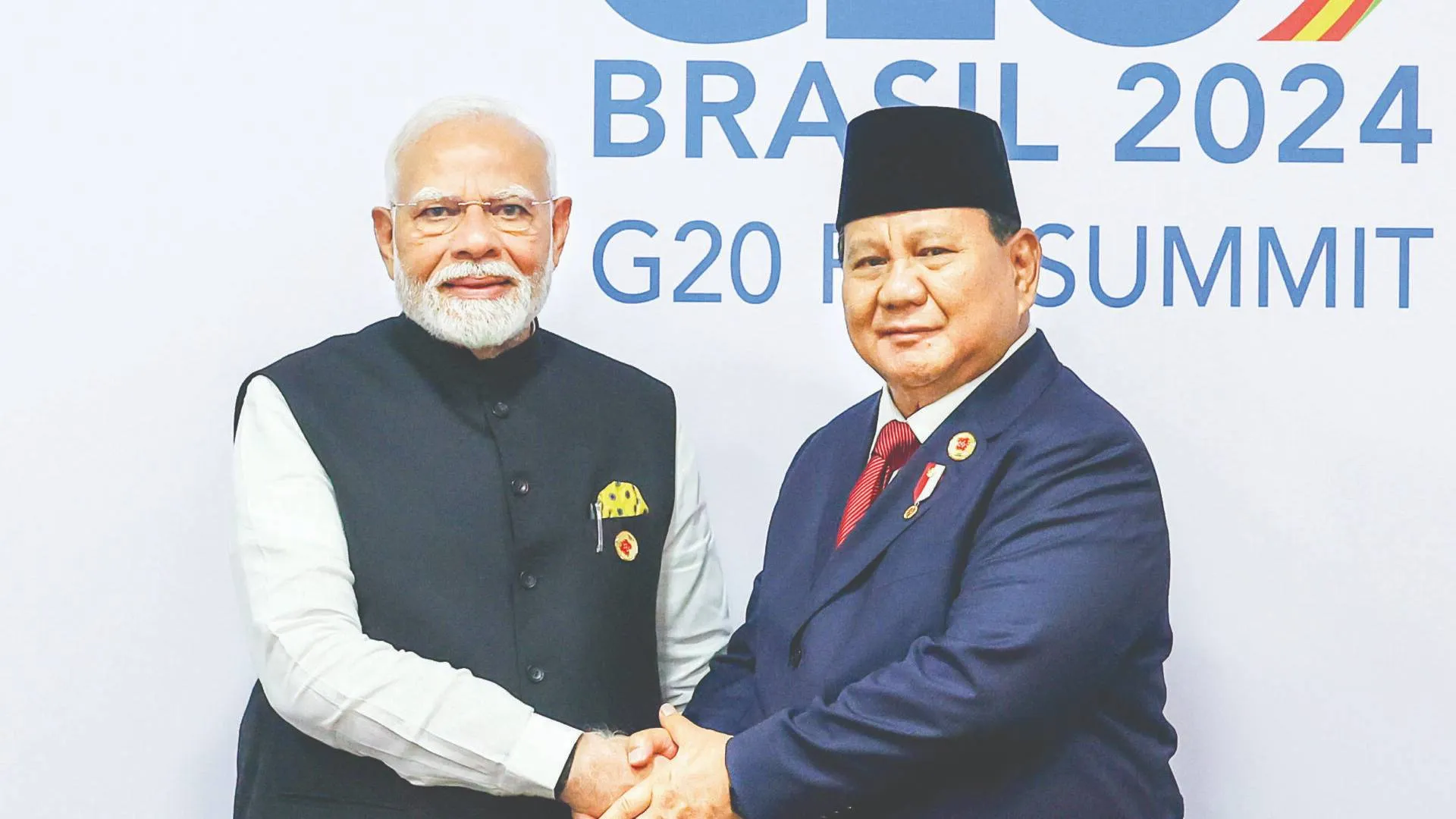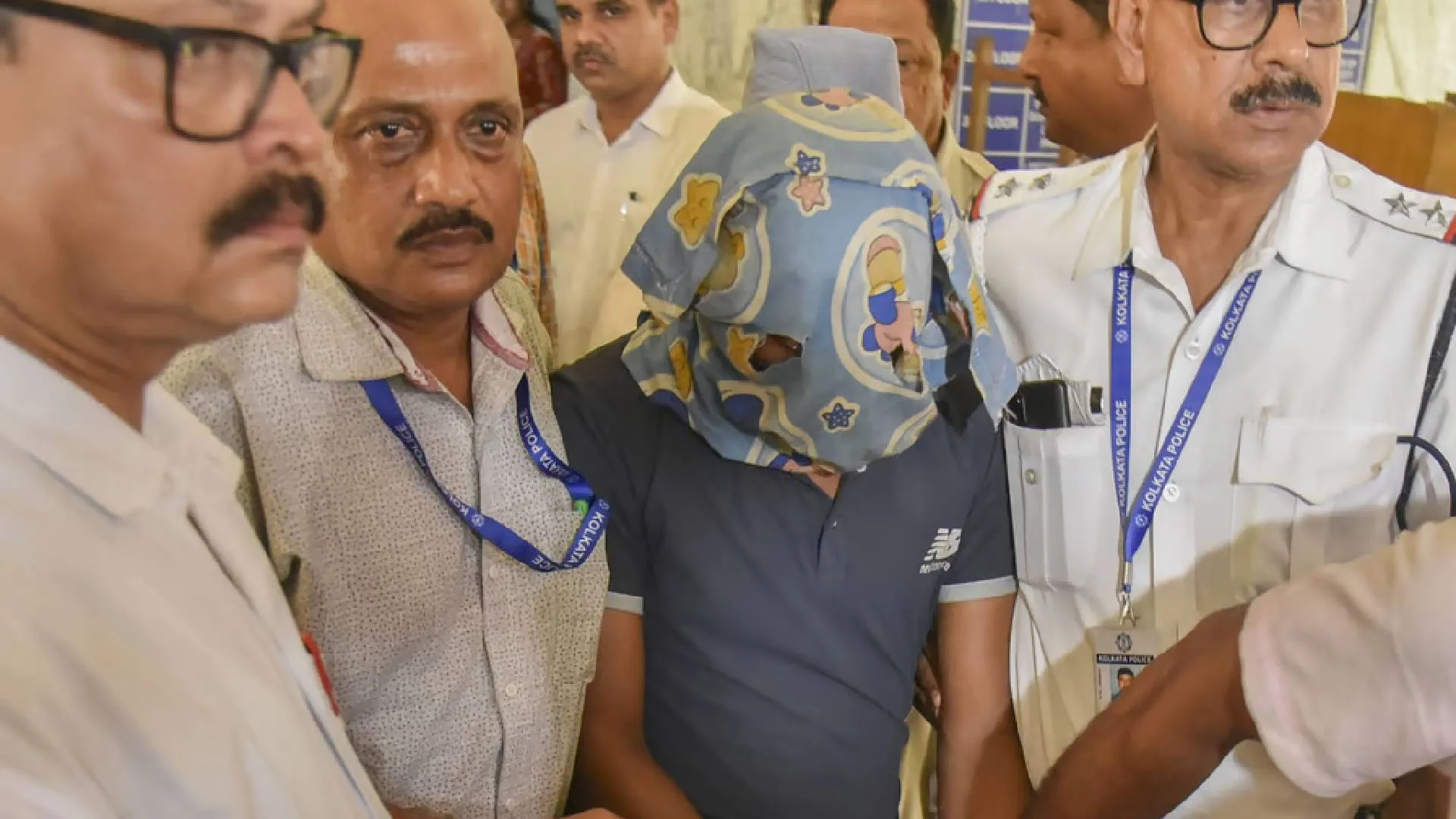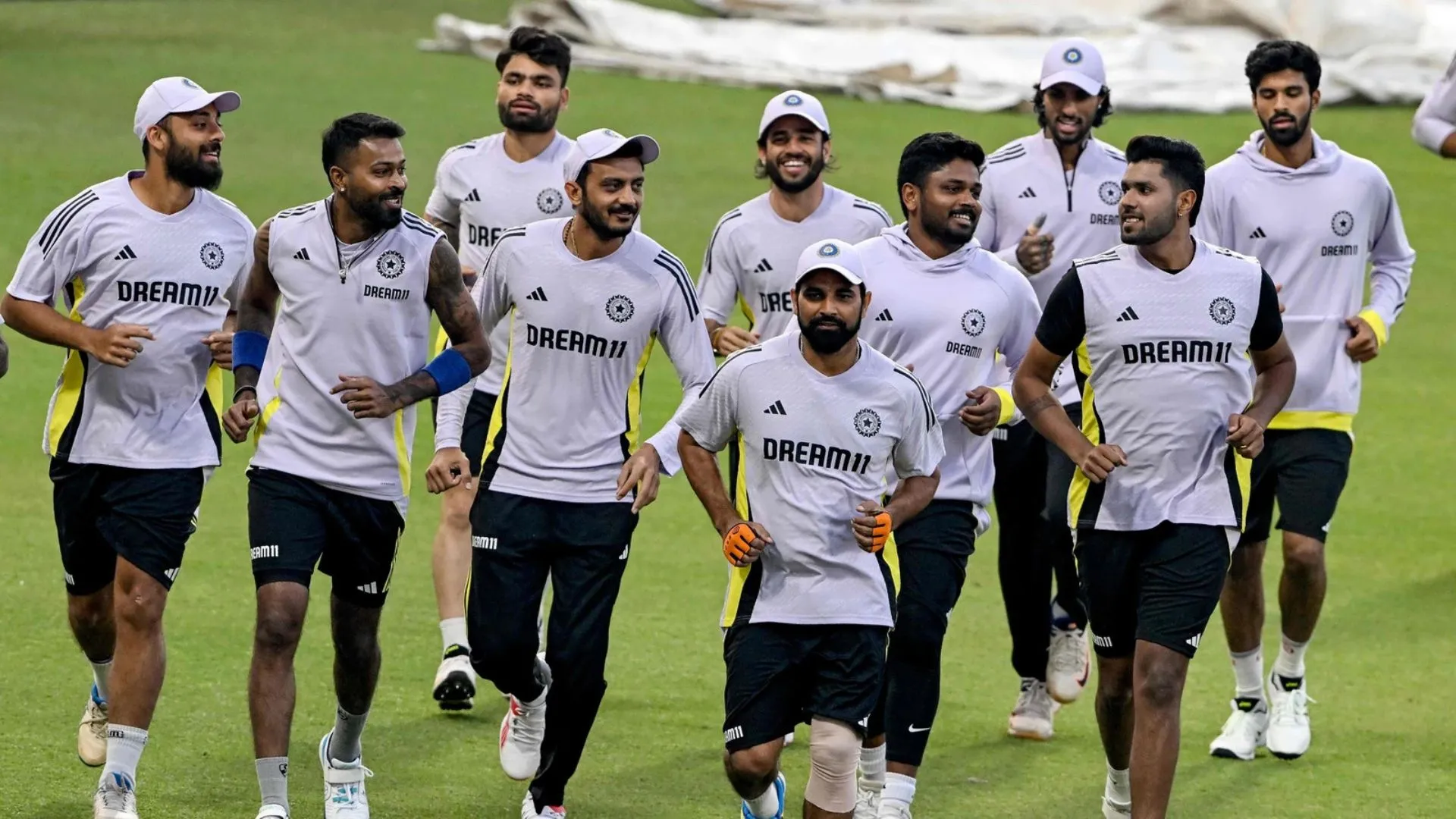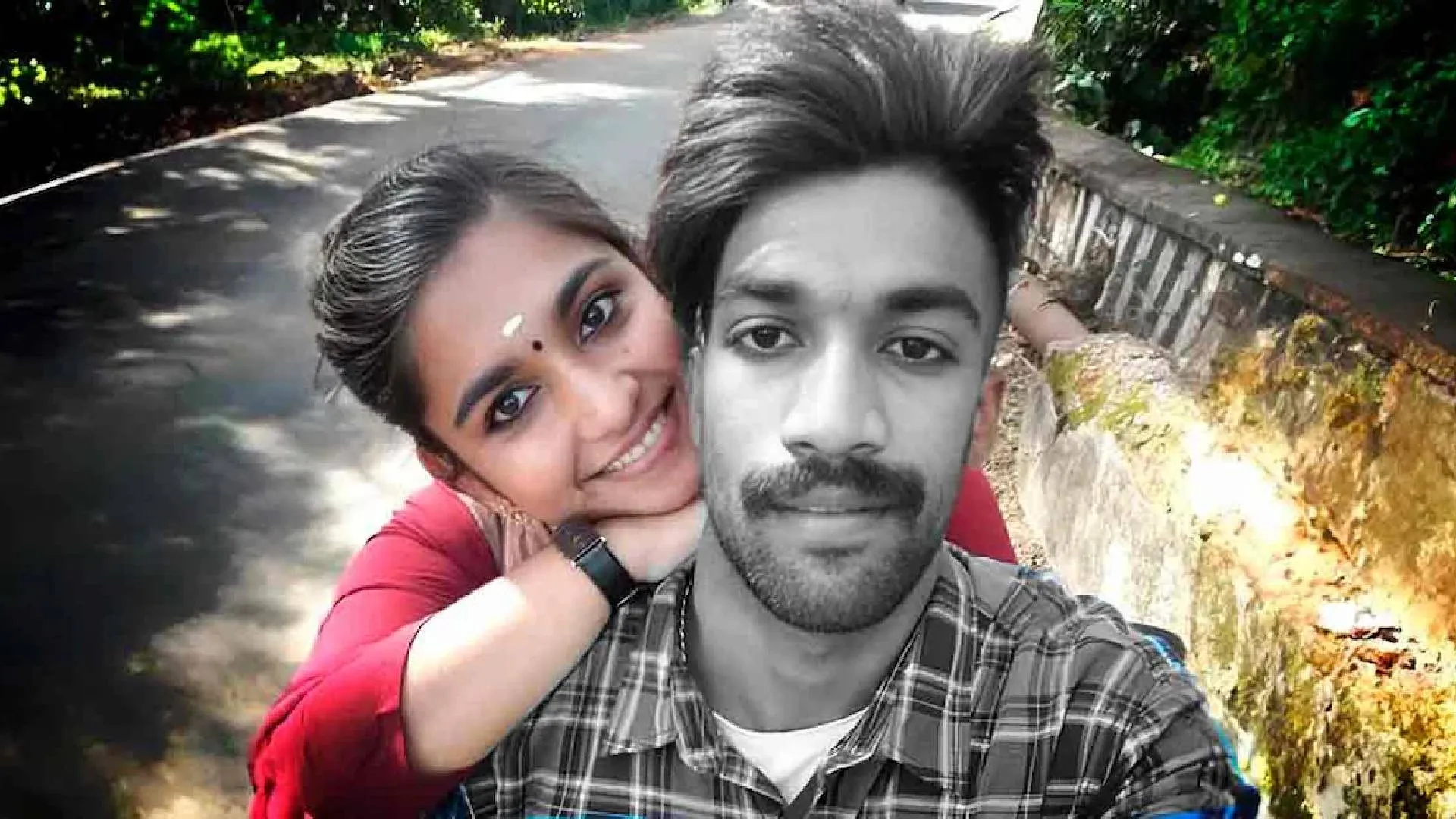Justice V.R Krishna Iyer, also known as the Pitamah of Justice rightly quoted “Bail is the norm while jail is an exception”, giving rise to the fundamental premise that no individual should be unduly or unlawfully incarcerated or languish behind the bars either in police or judicial custody unless there is an utmost and inevitable necessity to do so.
The Code of Criminal Procedure, which governs the law pertaining to trial of criminal cases in the country has nowhere defined the term ‘bail’. However, various attempts have been made by the courts across the country to define the term and set the limits of bail. Bail may be defined as ‘a sum of money or sureties that an accused furnishes to the court in order to be released from jail with certain set of restrictions.
The jurisprudence behind the concept revolves around the premise that every individual is presumed to be innocent until proven guilty and therefore, no innocent should be subjected to undue and prolonged imprisonment while awaiting trial which may take years to finish its course.
Additionally, the Constitution of India also guarantees Right to Life along with Right to Liberty, Freedom, and Dignity which grant a constitutional backing to the provisions of bail. It is an undisputable fact that no individual would be able to grow and develop to his/her zenith and contribute to the economic and social welfare of the country if prolonged incarceration takes place. Therefore, bail assumes a sacrosanct position in the Indian legal system.
Notwithstanding, the historical view, the concept of Bail happens to be a prodigy of the economic evolution, wherein, the global governance network since the 1990s through a uniform nodal agency called the Financial Action Task Force, has been after the menace of money laundering. This gained relevance in India and the globe with the rise of terror financing, which ultimately resulted in the enactment of an intrinsic domestic legislation known as the Prevention of Money Laundering Act, 2002 (hereafter PMLA/Act).
The jurisprudence of Bail has been subjected to continuous evolution that is, contrary to the general Bail parlance, reversing the burden of proof, and presumption of innocence against the person charged for a predicate offence.
The presumption against the accused is based on a premise that, such economic offence is committed under a planned ecosystem by socially or professionally, educated people having intention and knowledge of the actus reus, as observed by the Supreme Court of India in State of Gujarat v. Mohanlal Jitamalji Porwal, (1987) 2 SCC 364.
It is due to that statutory factor, wherein the presumption of intention and knowledge, reverses the presumption of innocence, as an objective crafted under Section 45 r/w Section 24 of the PMLA; that enumerates provisions for Bail, laying down the highly mooted and controversial twin conditions to be perused by the special court, while deciding on a Bail Application under PMLA; first, wherein the prosecutor is allowed to oppose such application; and second, where the special court is satisfied, that such person is not capable of committing the offence. This is where the onus shifts on the accused when read with Section 24 of the Act, which comprehends the presumption of guilt on the accused by imposing a reverse onus to prove his/her innocence.
The Apex Court of the land has dealt with these two Sections periodically, leading to intricacies, solved, or unsolved, in the opinion of many. The twin Bail conditions were held to be unconstitutional on the grounds that the imposed presumption of guilt suffered from the vice of arbitrariness, and, it being violative of articles 14 and 21 of the Indian Constitution, vide a judgement in Nikesh Tarachand Shah v. Union of India, (2018) 11 SCC 1.
The twin conditions were revived in 2018 itself by the Finance Act, amending Section 45 of the PMLA, certainly with a high degree of stringency because earlier the applicability of twin conditions was confined to offences that had punishments in the form of imprisonment of more than three years. After the amendment, the twin conditions applied irrespectively to every offence under PMLA.
The amendment to the PMLA as well as other provisions of the PMLA were reviewed by the Supreme Court of India. In the case of Vijay Madanlal Choudhary v. Union of India, 2022 SCC OnLine SC 929, which is famous for upholding the provisions of PMLA, has also been subjected to incongruent opinions.
The Honourable Apex Court upheld the twin conditions prescribed under Section 45 of the PMLA on the grounds that the predicate offences under PMLA involve a threat to the integrity and sovereignty of nations due to its continuous cross-border transactional nexus. The honourable court clarified further, that twin conditions would apply evenly to the Anticipatory/Pre-Arrest Bail Applications.
On Section 24 of the PMLA, it said, that the principle of reverse onus is adopted in the legislation on the grounds of recommendations provided by the financial action task force, and it will apply only when the prosecution has successfully established three conditions; first, that a schedule/predicate offence has been committed; second It directly or indirectly involves a property obtained from such criminal activity; and third, And that there is a nexus between the property and the person involved.
Therefore, on a plane reading if the above principles are reverted by the accused, along with the triple test as enunciated in P. Chidambaram v. Directorate of Enforcement, (2020) 13 SCC 791, i.e., 1. Gravity of the offence.; 2. Presence of accused before the enforcement agencies and courts; 3. Nature of evidence, witnesses, etc., then there should exist no reason for constraining a person’s fundamental right to personal liberty.
The controversy never ended because the operation of Vijay Madanlal’s judgement as stare decisis was challenged within one month of the pronouncement of the very judgement, wherein the Supreme Court of India issued a notice in the case of Karti Chidambaram v.
The Directorate of Enforcement R.P. (Crl) 219/2022, to review two issues, namely, the legal exemption of providing ECIR to the accused, and the reversal of presumption of innocence under Section 24 of the PMLA wherein it would be interesting to see how the larger bench interprets the provisions, considering the ramifications the PMLA has on constitutional rights.








